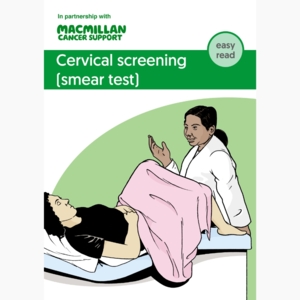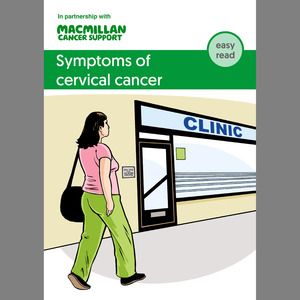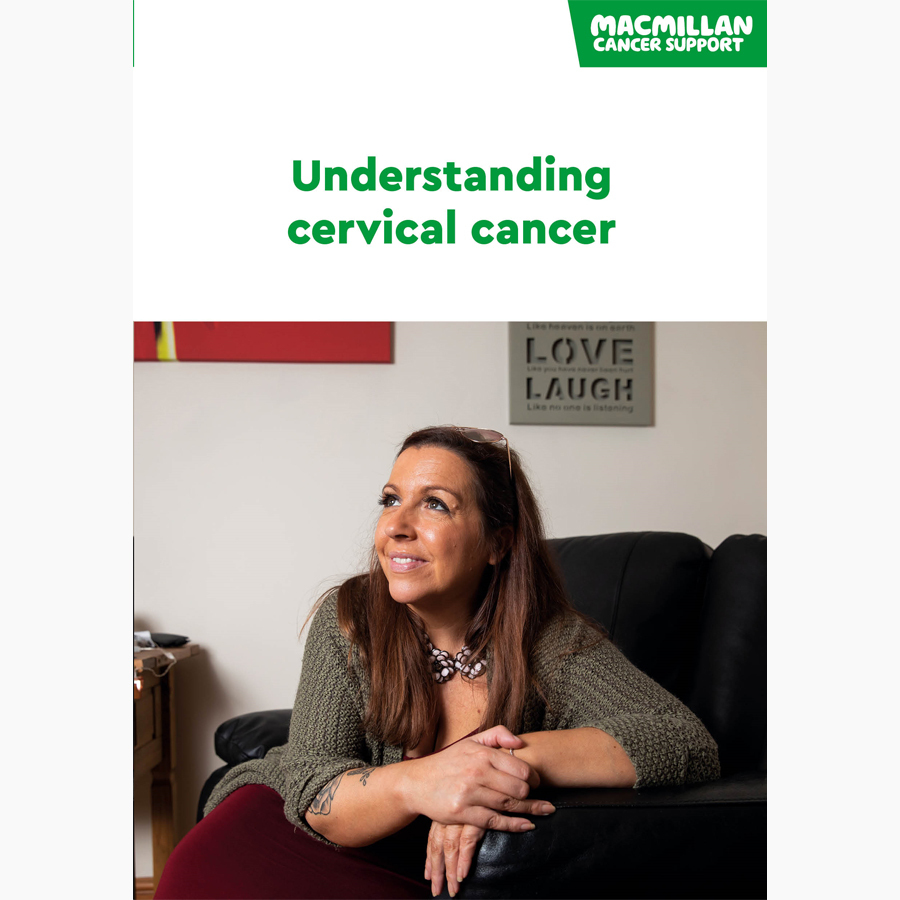
Cervical cancer awareness month
January is Cervical Cancer Awareness Month.
Each year, more than 3,200 women are diagnosed with cervical cancer in the UK. This type of cancer can affect people of all ages.
Here you will find more information about the symptoms of cervical cancer and where you can get support, if you have any questions.
About cervical cancer
There are two main types of cervical cancer.
- The most common is squamous cell carcinoma. This develops from a type of cell that covers the outside of the cervix, at the top of the vagina.
- The other type is adenocarcinoma. This develops from a different type of cell found in the cervical canal (the endocervix).
Very early-stage cervical cancer may not cause any symptoms. It is usually found and treated because of cervical screening tests (this includes a smear test).
What is cervical screening?
Cervical screening is a way of preventing cervical cancer, also known as cancer of the cervix. Cervical screening looks for the human papillomavirus (HPV) which can cause abnormal cells on the cervix. If HPV is found, the sample is checked for any abnormal cells
Did you know 1 in 3 don't attend their cervical screening test?
If you are worried about going for cervical screening, read our online community blog post helpful. This article covers ways to help make cervical screening work for you.
If you are a trans man or non-binary person and have a cervix, you should have screening too. If you are registered as male with your GP you may not be sent an invitation. Tell your GP if you want to have cervical screening so they can arrange regular tests for you.
We have more information about screening for trans and non-binary people including a walk-though at a cervical screening clinic.
Signs and symptoms of cervical cancer
Very early-stage cervical cancer may not cause symptoms. It usually found and treated because of cervical screening tests.
Common symptoms of cervical cancer include:
- heavier periods than you normally have
- vaginal bleeding between periods, after sex, or after menopause
- unpleasant smelling discharge from the vagina
- pain or discomfort during sex
- urine infections that keep coming back
- pain in the lower tummy or back.
If you get have any of these symptoms between your regular cervical screening appointments, do not wait for your next appointment. Talk to your GP or practice nurse and get the symptoms checked. These symptoms can be embarrassing, but your GP or practice nurse will understand. The earlier cervical cancer is found, the easier it is to treat.
Other organisations who can help
The Eve Appeal has more information about cervical screening for trans and non-binary people. This includes some tips to help attending a cervical screening appointment..
Living with cervical cancer - Ali and Martha share their stories
Meet Ali
In the video below, Ali shares her experiences of living with cervical cancer from diagnosis to treatment.
Meet Martha
Martha talks about the emotional effects of being diagnosed with cervical cancer.
She was diagnosed with cervical cancer in 2019 after cancerous cells were found following a smear test.
"Cancer isn’t just something you are physically going through. It’s something you are mentally going through too."
Cervical cancer resources and easy read booklets
Support for people affected by cervical cancer

Getting advice about fertility and menopause

Online community
Translated information about cervical cancer
We also produce information about cervical cancer in 16 different languages.





